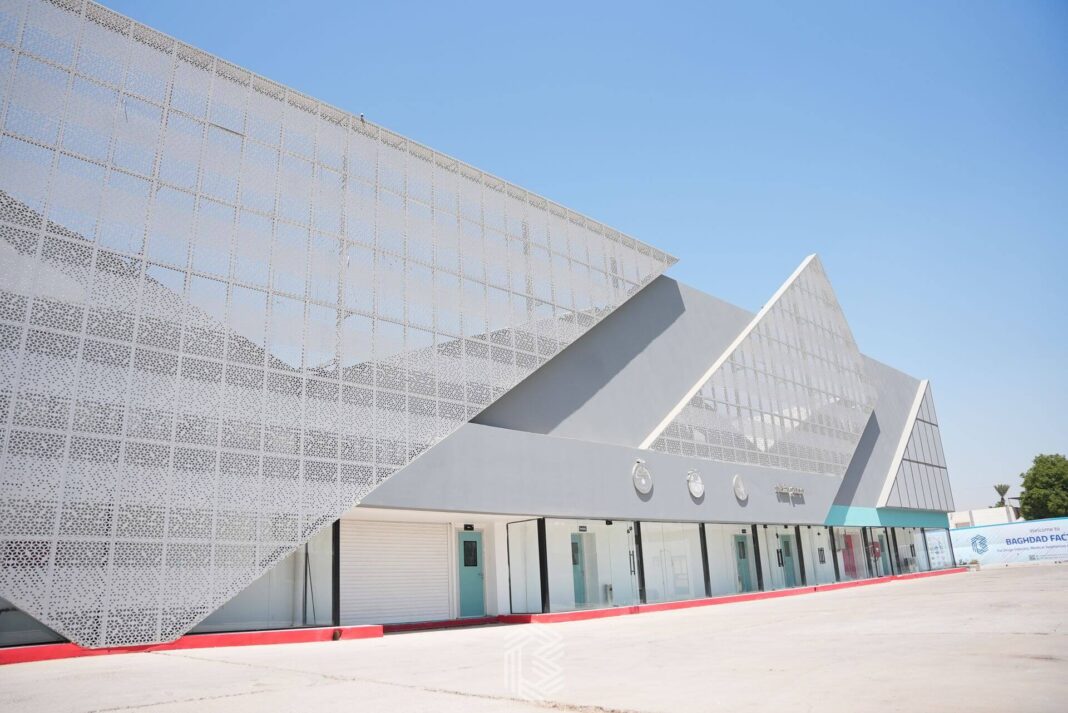Baghdad Factory launches pilot operations in medical manufacturing as Iraq strengthens its healthcare industry. The Minister of Industry and Minerals inaugurated the first stage of production, signaling a significant milestone. The launch of this project reflects Iraq’s determination to expand domestic medical manufacturing capacity and reduce foreign dependence.
During the ceremony, five production lines officially became operational. These new lines will support the local supply of crucial medical products. With this expansion, the country aims to address shortages while also securing long-term healthcare stability. The Baghdad Factory initiative highlights how investment in production can directly improve public health services.
Located in central Baghdad, the factory represents more than just a production site. It also reflects Iraq’s commitment to modernizing its industrial foundation. Furthermore, the facility’s restoration aligns with the government’s broader vision to rebuild infrastructure and increase economic resilience. Once fully scaled, the factory will produce a wide range of supplies. These include surgical sutures, medical textiles, gases, and devices. Consequently, hospitals will rely less on imported goods and more on local resources.
The project is not solely a government effort. In fact, the Ministry of Industry and Minerals partnered with several private sector companies. Among these are Al-Waqia Company, Ard Al-Carnav, and the Company for the Manufacture of Medical Supplies and Pharmaceuticals. These collaborations demonstrate how public-private cooperation can stimulate growth. Moreover, such partnerships ensure better resource allocation and technical expertise.
Job creation also stands as one of the project’s strongest benefits. With more production lines and expanded capacity, many new employment opportunities will open. This expansion will not only boost the economy but also provide skills development for Iraq’s workforce. Additionally, the rise in domestic medical production could enhance national confidence in locally made goods.
Ultimately, Baghdad Factory launches pilot operations in medical manufacturing as a vital turning point. By connecting industrial revival with healthcare improvement, Iraq shows a path toward greater self-reliance. With determination and strong cooperation, the factory promises to become a cornerstone of the nation’s healthcare system.



